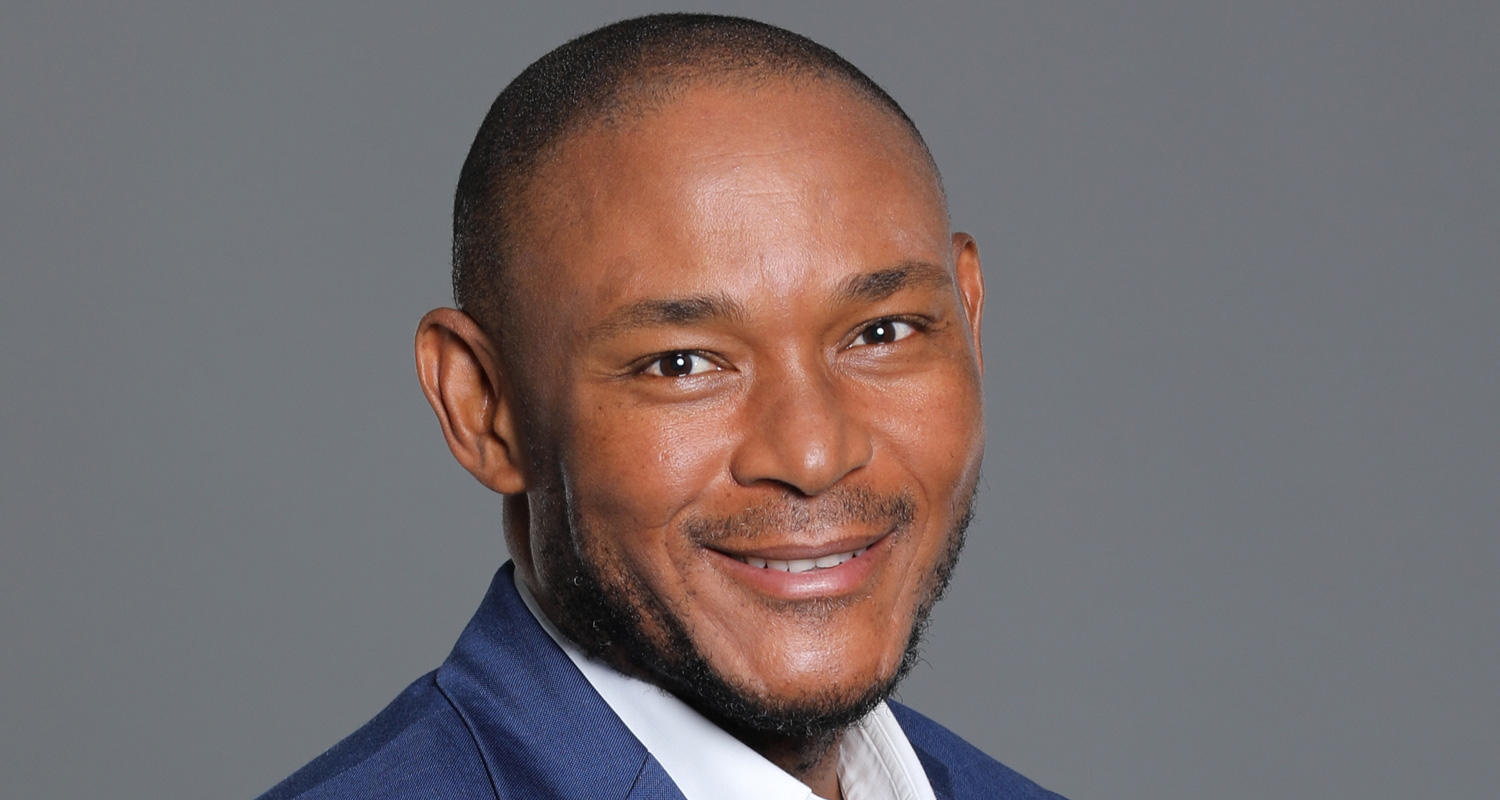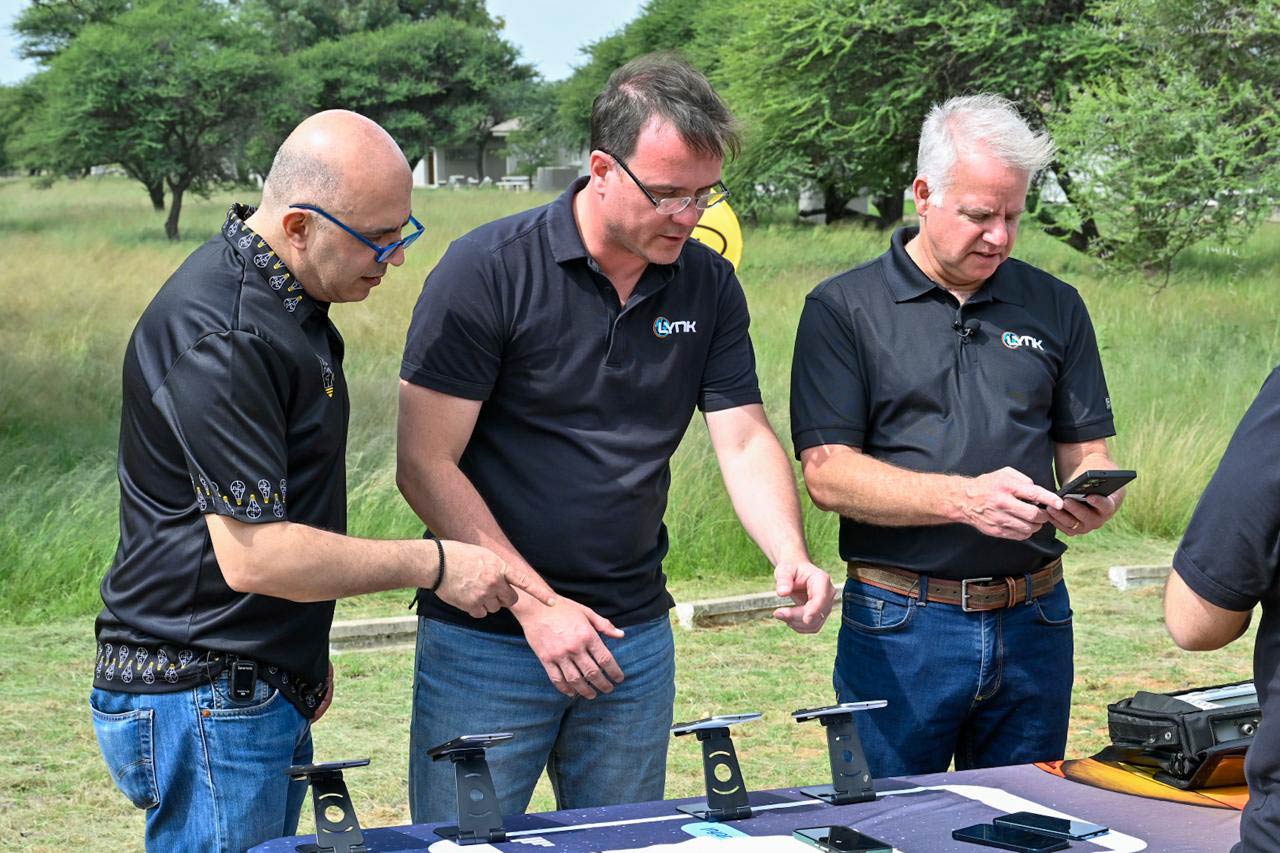
MTN South Africa and Lynk Global, a satellite company, have said they have completed the first successful test of a satellite direct-to-mobile voice call in the country.
Since the initial use case for direct-to-mobile is boosting connectivity in rural and outlying communities, the trial was conducted in a remote part of North West to demonstrate that very capability.
Lynk Global chief commercial officer Dan Dooley claimed it was the first commercial direct-to-mobile call made in Africa.
“The call in Vryburg allows MTN and Lynk Global to test voice call quality and SMS capabilities over a low-Earth-orbit (LEO) satellite connection. The technical trial was part of our work to find potential solutions to the challenges of providing coverage in underserviced, rural and remote areas,” said MTN South Africa CEO Charles Molapisi in a statement.
Molapisi said the proof of concept showed MTN can complement its terrestrial network with LEO satellites in a way that will help MTN achieve its goal of 99% broadband population coverage. Spectrum used to make the call was approved for the trial by communications regulator Icasa.
Partnerships between network operators and satellite service providers have been a mainstay of the telecommunications industry. Mobile operators relied on geostationary satellites as a means of connecting their rural infrastructure to the rest of their networks because building fibre infrastructure – the traditional means of providing backhaul – becomes less and less feasible the further away a cell site is from the core network.
Partnerships
In recent years, however, a boom in LEO satellite constellations has opened up possibilities for advancing connectivity in remote and outlying areas. LEO satellites are much closer to Earth, reducing the latency of the connection and making the provision of higher-bandwidth services like video streaming a possibility.
This has spawned new partnerships between mobile operators and LEO satellite companies, where the mobile operators get a dramatic increase in their coverage area through LEO satellites, and the satellite service providers gain access to new markets without having to invest in customer-facing infrastructure or navigate complex regulatory requirements.
Read: Cell towers in space: inside the race to connect planet Earth
MTN South Africa parent MTN Group has partnerships with LEO satellite companies beyond South Africa’s borders experimenting with various use cases. One of these use cases involves the development of an IoT network based on satellite connectivity and the 3GPP standard.
Rival Vodacom Group is exploring similar partnerships with Amazon.com-owned Project Kuiper and with AST SpaceMobile, in which Vodacom parent Vodafone Group holds a 5% stake. Similar to Lynk Global, with whom MTN has partnered in South Africa, AST SpaceMobile is betting on satellite direct-to-mobile connectivity to be a gamechanger in the coming years.

As direct-to-mobile technology matures, it poses a threat to mobile operators by putting satellite service providers in a position where they could compete directly for customers.
But Lynk Global’s Dooley told TechCentral in a January 2024 interview that the company has no interest in shouldering the financial cost and regulatory overhead that competing with mobile operators would entail, preferring to partner with companies that have built those capabilities, like MTN, to gain easier access to markets. Whether other satellite service providers are of a similar disposition is open to speculation.
Elon Musk-owned SpaceX, the parent company of LEO satellite service provider Starlink, confirmed it would begin direct-to-mobile trials in January. Starlink has the largest LEO satellite constellation in the world, around 7 000 strong, and all newly launched satellites are kitted with an advanced eNodeB modem with direct-to-mobile capability, according to SpaceX.
Read: Starlink to kick off direct-to-phone satellite pilot
“We are very aware of the challenges of having to compete as a fixed and wireless operator with LEO satellites over time, so we’re arranging ourselves to be able to sure-proof our businesses in our key markets,” MTN Group said at a media event last November.
“LEO operators should be treated the same as terrestrial operators such as ourselves, subjected to the same regulatory requirements whether it’s around data privacy, data transport, localisation and access to spectrum. Our ask is that there just be a level playing ground.” — © 2025 NewsCentral Media
Get breaking news from TechCentral on WhatsApp. Sign up here.




